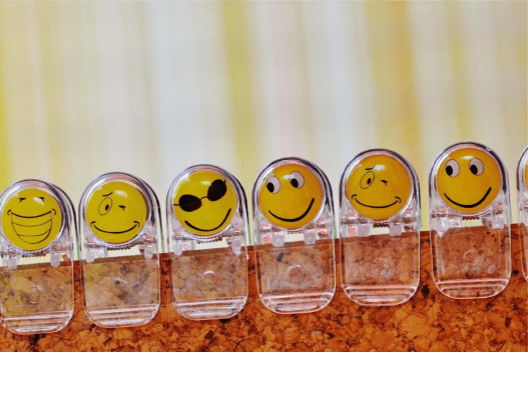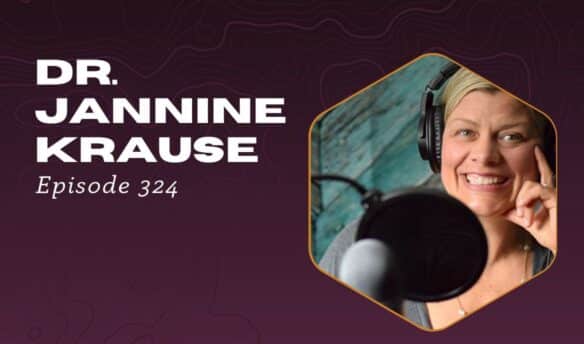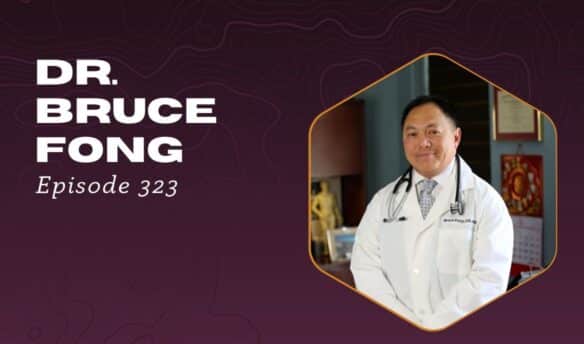Today I am doing a Q&A with Elicia Miller. Elicia Miller is a Certified Holistic Health Coach specializing in addressing how emotions can cause chronic gut issues. Elicia has personal experience in this realm, working through her own digestive and overeating issues by addressing underlying repressed emotions. She founded the Core Emotional Healing program and has worked with many clients to help with their physical and emotional symptoms as well as addictions, compulsions, and relationship problems.
I am pleased to sit down with Elicia and ask her some questions about her work and how it can benefit all of us.
Q: Elicia, one of the big things that I wanted to bring up with you today was how all these different symptoms that we have can be related to our emotions and what that means, especially since this idea can bring up a lot of stigma for many of us.
A: It is all in the subconscious, and it is typically things that people are not aware of. My tagline is “Your symptoms are a gift,” because the symptoms help point us to the deeper issue. Not all symptoms or illnesses are emotional. But a lot of the chronic issues that we struggle to fully heal from are due to repressed emotions. The symptoms are there to alert us, because we haven’t been accessing and processing emotional traumas from our childhoods. They show up to let us know that we’re still living from the pain and it’s time to work it out, feel it, and release it.
Q: Naturopaths are known for recommending a lot of supplements to figure out what is going on with the body. I don’t want to be giving people more supplements or putting them on restrictive diets unnecessarily. With some patients, you can get them on the supplements and the diets and detox, but 6 months later they are still having the same symptoms. When I heard about your concept of symptoms being a gift, I really resonated with it. Many of my patients are unsure about the idea of repressed emotions. They may say that they had a good childhood, nothing happened to them, or that they don’t have trauma. How do you get your clients to connect emotions with their symptoms?
A: That’s why I love working with symptoms, because typically the person is not aware that they have repressed emotions. Emotional trauma can come from emotional neglect or emotional abandonment. With some people, it is the symptoms that are driving them to find out what the root cause is. They have tried the supplements and the diet changes and they want to know what else it could be. That leads them to finally be open to looking at how this could be emotional.
I had a client with Hashimoto’s who began by telling me that nothing happened to her, that her parents were very supportive and loving. On deeper consideration, she revealed that her father pushed her to be the best. She felt that she had to be what he wanted her to be. Emotions were repressed to push her to excel. It is very common that my clients have given up their emotional need to be loved in order to make sure their parents were happy.
Q: I hear this a lot with my patients. There is an overarching need to achieve and succeed and impress the parents. Some patients might even have parents who have passed on and they are still trying to impress them. What have you connected in terms of symptoms to this need to achieve and push the limits?
A: That need comes out of the belief that “I’m not good enough.” That creates a lot of repressed emotions of how painful it felt- how sad, scared, and angry they were because they were not loved the way they needed to be. Then there is compensation for that as well. It can drive people to need others’ approval and make sure they are behaving perfectly. It’s completely cutting them off from their true essence, their emotions, and their intuitive guidance system. So they’re not connected to their body and they’re not connected to their body signals. What is driving them is looking outside of themselves to seek the love and approval that they really need to give to themselves. That starts with listening to how they feel. When they don’t listen to how they feel, and they don’t take care of their emotional needs, that typically comes out in physical symptoms.
Q: A lot of my patients think that the symptoms they have aren’t out of the ordinary, or that everyone has gas and bloating or constipation. What repressed emotions are connected with particular symptoms?
A: It’s great that you brought that up, because people normalize symptoms. Common symptoms of repressed emotions are digestion problems. Those can range from just poor digestion and bloating to diseases like Crohn’s and celiac or candida overgrowth. Rashes are definitely emotional, particularly eczema. There are also things like Hashimoto’s, hypothyroidism and hyperthyroidism. Those are the common ones I work with, but I do work with anyone with any type of symptoms.
Q: Something that I see commonly is a lot of patients who don’t really pay attention to their symptoms at first, and then suddenly they go through a stressor or they have surgery and they are bombarded with all of these symptoms and problems. Is this connected to emotional repression?
A: What I have seen is that something will happen to someone to manifest the symptom of what they’re experiencing. Hashimoto’s is directly related to not knowing what they want, feeling hopeless and helpless. So these feelings and emotions are there under the surface. Then I see that things will start happening for them to manifest that condition. Life is happening for us all the time. These things happen in order to get our attention and manifest how we really feel. It’s almost like the universe has a way of bringing the emotions and symptoms to the surface for us.
Q: I want to learn a little bit more about your process with clients. I know you host a lot of retreats and group sessions, which are amazing for getting results. Many of my patients are intimidated by the idea of group sessions. I would love to hear your take on why groups are the way to go and what kind of transformation one might see in a group setting.
A: I love group work. It changes everything. It was a game changer for me. I have noticed that whatever clients don’t want to do is what they need to do to get what they need. most people are not confident enough or comfortable sharing and being vulnerable in a group. They may have social anxiety, or have a lot of shame or feel like whatever they say isn’t right. whenever anyone says they don’t do well with groups, I tell them to be comforted that no one in the group is comfortable. That comfort comes from relaxing into the safe space that I create. In the group setting at our retreats clients feel safe and there’s no judgment. For the first time in life for many of these clients, they can say all of these embarrassing things that they weren’t able to tell anyone. They’re heard, they’re seen, and their pain is validated. I help them go into those emotions they’ve been avoiding their whole life. They also start to hear from other people about what they’ve gone through during the group sharing. The benefit is exponential from the group sharing in terms of hearing and relating and then being understood. My clients feel supported and they experience unconditional love, which is what ultimately heals them from their abuse or neglect.
Q: Helping people turn their symptoms around by looking at the emotions is amazing. I’m really glad that you were able to spend some time with me today to chat about this.
Check out the podcast to listen to my full-length interview with Elicia. If you are interested in learning more about the process that Elicia goes through with her clients, check out her website or sign up for one of her Sacred Emotion retreats. Elicia also has a Facebook page with videos, articles, and more.
If you enjoyed this Q&A, let me know in the comments below so I can arrange more like it!
Click here to listen to the entire podcast interview!
youtube





